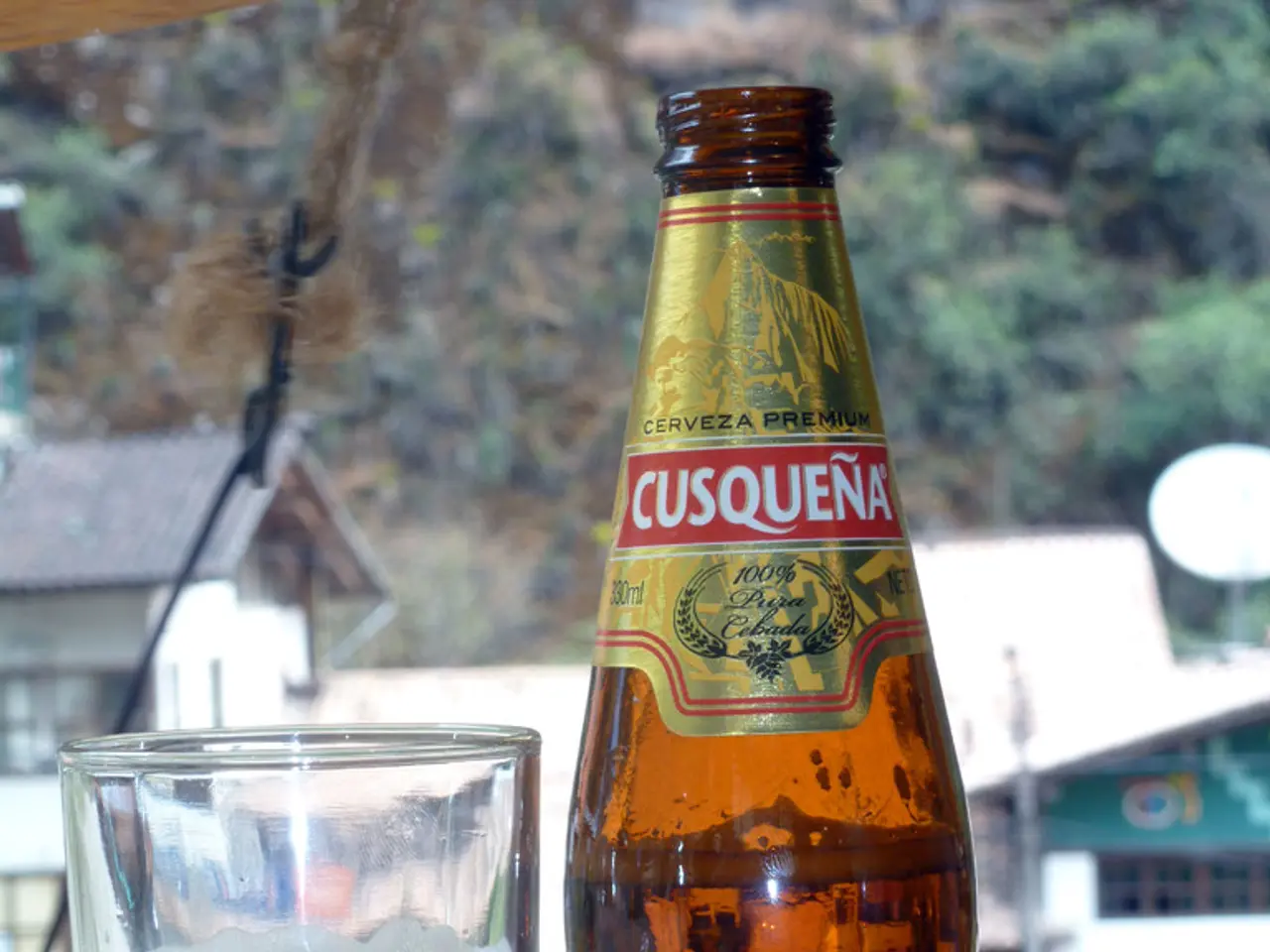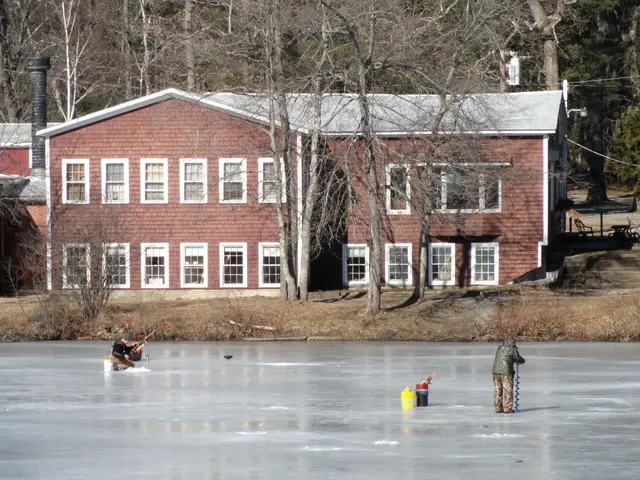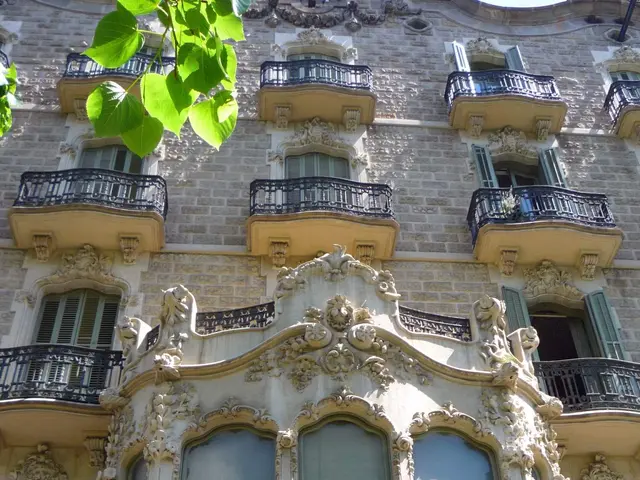Discourse on Sustainable Wine Production - Why the Buzz Surrounding Regenerative Viticulture?
In the heart of France, the world-renowned wine-producing region, a shift towards sustainable and regenerative practices is underway. This evolution, focusing on soil regeneration and ecosystem health, is positively impacting vine vitality and potentially enhancing wine quality and resilience amid climate change.
Notable estates, such as Maison Perrier-Jouët in Champagne, are embracing regenerative viticulture as a holistic approach to regenerate soils and increase their fertility. This growing recognition of regenerative practices as crucial for the long-term sustainability and quality of vineyards is indicative of a significant shift in the industry.
Regenerative viticulture encompasses diverse principles, including avoiding bare ground, using cover crops, enhancing biodiversity, and improving soil resilience. While the approach is adaptable and context-specific, it aims to promote vine health and productivity naturally. This is particularly important in France, given the country’s iconic terroirs which depend heavily on soil characteristics.
Vines grown under regenerative systems are showing signs of increased vigor and health. For instance, Grenache and Mourvèdre in vineyards employing these methods have demonstrated improved health. These practices often lead to more resilient vineyards that can better withstand climate challenges, potentially improving the consistency and quality of grape yields over time.
In regions like the Loire Valley, where Chenin Blanc is prominent, the broader adoption of sustainable farming practices likely supports the preservation of unique wine styles and terroir expression. While not explicitly linked to regenerative viticulture, this trend bodes well for the future of sustainable wine production in France.
The Regenerative Viticulture Foundation (RVF) offers resources to producers aimed at increasing soil health and promoting sustainability. Notable producers, such as Domaine Mirabeau in Provence, have achieved Regenerative Organic Certified status, signifying their commitment to these practices.
Andrew and Annedria Beckham, of Beckham Estate in Oregon, practice regenerative farming methods, including animal grazing, wildlife preservation, no-till farming, compost fertilizers, and biodynamic treatments. Their Amphora Noir, made in terracotta amphorae, is an example of a wine made with regenerative viticulture practices. The Amphora Noir, a blend of Trousseau, Pinot Noir, and Gamay, has received a score of 95.
The UN has recognized regenerative agriculture as an effective method for making food systems more sustainable. The widespread adoption of regenerative agriculture could potentially improve soil health globally, benefiting not only the wine industry but also agriculture as a whole.
In summary, regenerative viticulture in France is gaining traction among high-profile estates, focusing on soil regeneration and ecosystem health, which positively impacts vine vitality and may enhance wine quality and resilience amid climate change. However, the approach remains flexible and tailored to local conditions rather than a rigid system.
- The shift towards regenerative viticulture in France, as seen in estates like Maison Perrier-Jouët, isn't just about wine; it extends into lifestyle and sustainable living, signifying a broader commitment to the health and sustainability of food-and-drink and home-and-garden practices.
- As regenerative viticulture expands its reach, not only in France but globally, it could significantly impact not only the wine industry but also other food-and-drink sectors, as recognized by the UN, ultimately contributing to a more sustainable and resilient world for all.






